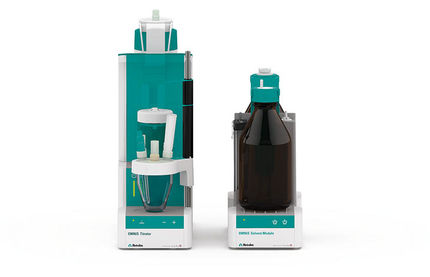To use all functions of this page, please activate cookies in your browser.
my.chemeurope.com
With an accout for my.chemeurope.com you can always see everything at a glance – and you can configure your own website and individual newsletter.
- My watch list
- My saved searches
- My saved topics
- My newsletter
Off-licenced drug
Product highlightIn any country, an off-licenced drug does not have a licence for human use for any indication or age group in that country. Possible usesAn unlicenced drug should only be used under certain circumstances:
PrescriptionOff-licence prescribing should usually be limited to consultant-level specialists who are familiar with all the alternatives and prevailing expert opinion. In some circumstances it may be appropriate to continue this prescribing in primary care (general practitioner-level), but this should always be by mutual agreement between both parties concerned. It is standard practice to tell the patient that the drug is being used off-licence and why it is thought to be appropriate to use the drug. This is important both from the medico-legal point of view and because the patient information leaflet may not make sense to the patient if the drug is used off-licence. See alsoOff-label use, the practice of prescribing drugs for a purpose outside the scope of the drug's approved label. |
||
| This article is licensed under the GNU Free Documentation License. It uses material from the Wikipedia article "Off-licenced_drug". A list of authors is available in Wikipedia. |







